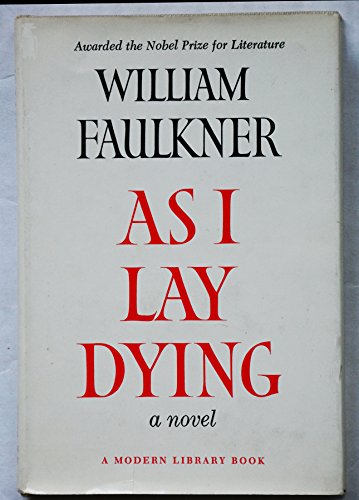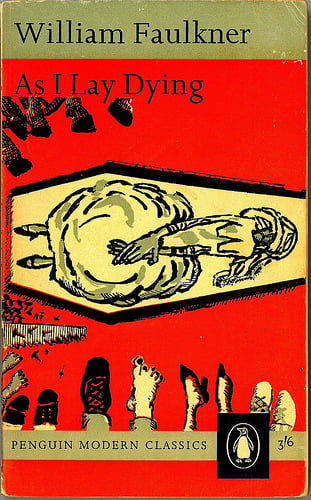

As you do, follow along with the text in Google Books. ra file (0.5 Mb). You’ll have to listen carefully to hear the author’s soft southern drawl, which gets lost at times in the poor quality recording. Thanks to HarperCollins, you can listen to Faulkner himself read from his masterpiece. It is the novel’s “coarse language and dialect,” that is “exactly Faulkner’s project,” writes Tin House editor Rob Spillman: “Faulkner, a Mississippi high school dropout, made it his mission to capture the emotional lives of the rural poor, unflinchingly writing about race, gender, sexuality, and power.” Through the power of his language and-in the words of Robert Penn Warren-the “range of effect, philosophical weight, originality of style, variety of characterization, humor, and tragic intensity,” the Southern novelist elevated his humble subjects to truly mythic status. Despite the seeming simplicity of its plot, the book’s style is incredibly complex, told from the perspective of fifteen different characters in rough-hewn country dialect and arresting lyrical fugues.

Perhaps the most narratively straightforward of William Faulkner’s Yoknapatawpha novels-set in a fictional Mississippi region based on his own home county of Lafayette- As I Lay Dying tells the story of the Bundrens, a poor white family on a perilous journey to honor their matriarch Addie’s request for a burial in the town of Jefferson. Only thirty-two at the time of its writing, Faulkner composed the novel in eight weeks (six by his accounting) while working nights at the University of Mississippi’s power plant, deciding in advance that he would stake his entire reputation as a writer on the book: “Before I ever put pen to paper and set down the first words, I knew what the last word would be… Before I began I said, I am going to write a book by which, at a pinch, I can stand or fall if I never touch ink again.” His passionate conviction is evident in the original manuscript-the first and only draft-which reveals “an ease in creation unlike his other novels.” Like the Shakespearean title of that work, As I Lay Dying’s title, which comes from Homer’s Odyssey, indicates the literary ambitions of its author.


William Faulkner wrote his seventh novel As I Lay Dying in the last months of 1929, almost immediately after another stream-of-consciousness masterpiece, The Sound and the Fury.


 0 kommentar(er)
0 kommentar(er)
